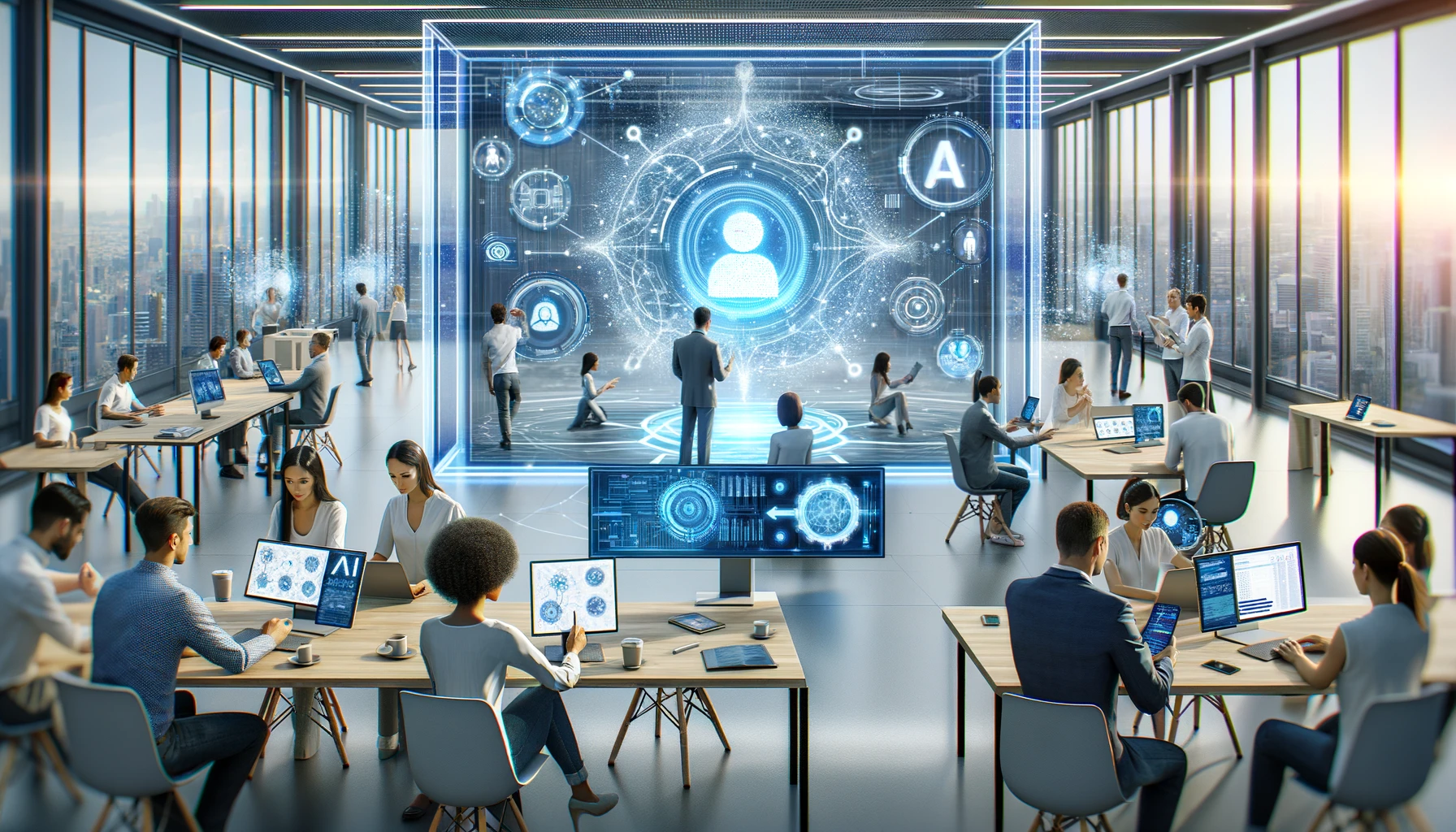Artificial Intelligence (AI) is transforming how teams work together, offering tools that make sharing information and making decisions faster and more effective. By automating routine tasks, AI allows team members to focus on more complex problems, encouraging creativity and innovation.
AI's role in the workplace is not a future concept; it's happening right now. Teams across various industries are already experiencing the benefits of AI, from improved communication to more efficient project management. As AI continues to evolve, its ability to support team collaboration will only grow, promising even more significant changes in how we work together.
In software development for example, AI is particularly impactful. It provides tools like code templates and automated reviews, reducing tedious tasks and helping developers focus on creative solutions. AI can even assist in optimizing code, making programs run faster and more efficiently. These advancements not only improve the development process but also enhance the final product.
By taking over routine tasks and providing code examples to overcome obstacles, AI gives developers more time to tackle challenging issues and innovate, which is essential for any organization aiming to stay ahead in the fast-paced tech industry.
However, relying too much on AI comes with its own set of challenges. There's a risk that teams could lose critical skills if they depend solely on AI for certain tasks. It's important to strike a balance, using AI to enhance collaboration and productivity without undermining the team's own expertise and problem-solving abilities.
